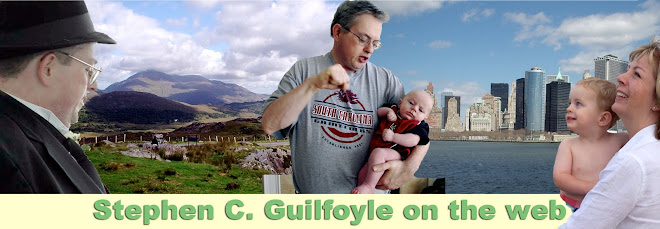This is kind of raw. Found it on my computer looking for something else.
It is either an editorial I wrote to help out my wife when she was publisher of the Fort Mill Times. Or an editorial I adapted from one I wrote, to help her out.
It's way too long to have run anywhere. But it sums up all I know about Freedom of Information. I will be back later to correct any typoes. It will have some just for being a digital copy 12 years or older sitting around as a text document.
Anyway. ...
Anyone who tells you there’s no “right to know" is right, but in only the most technical sense.
The right to know isn't a constitutional right, but in South Carolina, it is a right written into law. That law is the S.C. Freedom of Information Act.
It is based on a simple premise -- to know and participate in their government, the people must have access to the meetings and the records of their government.
The people have a right, enacted into laws, to know what their government is doing -- from the smallest governmental level, such as Tega Cay City Council, to the highest levels of government.
Elsewhere on our opinion pages, you will see a guest column from S.C. Gov. Mark Sanford, who says it has been a policy of his administration. He promised such a policy while campaigning, but one of his first steps as Governor was to propose closing his Cabinet meetings.
He was eligible under the law to close his meetings when they met the conditions already in the law, but he just wanted to close them as a blanket policy.
It was a vigorous press, represented by the S.C. Press Association, that convinced the governor to hold the open cabinet meetings he has held since taking office. We can see no signs that our government has been hindered in its capacity to serve us since then.
Sanford says having open government is something he wants to do, and we applaud him for his openness.
But not all our government agencies and officials are quite so forthcoming. In another accompanying column, S.C. Chief Justice Jean Toal reminds not only our readers but all government officials and agencies in this state that openness isn't a policy one can choose to follow or not follow. It is the law.
The primary purpose of the S.C. Freedom of Information Act is to protect its citizens from government secrecy, Toal writes. She is quoting numerous decisions by the court.
When our governments want to go behind closed doors or to withhold public records from the people -- who own the records and pay for them -- they must have a damn good reason.
In another state Supreme Court decision, the court ruled that the FOIA creates "an affirmative duty" on the part of government to open meetings and provide records.
When a government agency says it has to charge you hundreds of dollars to make copies of records in response to a request, they say it is because of all the "extra" work they are doing.
The aforementioned decision, in plain English, means responding to the public IS the job of government. Providing records IS government's job. Holding open meetings IS government's job.
In the state of South Carolina, the right to know is not a constitutional right, but it is a right put into our law.
The Constitution of the United States doesn't have a specifically stated "right to know," but you can look at historical precedent to conclude our Founding Fathers believed there was a right to know.
Specifically, our first President, George Washington, set that precedent.
The President is required by the Constitution to give information to Congress from time to time. As such, "Congress from the beginning has claimed, conversely, the right to ask the President for information," reports a Web site dedicated to the Constitution.. "Washington was called upon by the House of Representatives for papers regarding the defeat of General St. Clair's forces in 1791 by the Miami Indians. After a three-day consideration of the question by Washington and his cabinet, which was regarded as of the greatest importance as a precedent, it was decided that the House had a right to copies of the papers.:
Washington and his Cabinet decided that it was the people's government, so it delivered the papers to the U.S. House. The representatives of the people.
You. It's your government. They are your meetings. The documents are your documents.
It is Open Government Week in South Carolina. If you believe, as many in government do, that it can have the secrets it wishes, hold meetings away from your scrutiny and withhold documents on a whim, then you believe that Americans are subjects to a government that rules them.
Believe in open government, and you believe that Americans are free citizens who participate in the process. We govern ourselves.
President Teddy Roosevelt said it best -- "The government is us...You and me!"
Open Government makes that a reality.
